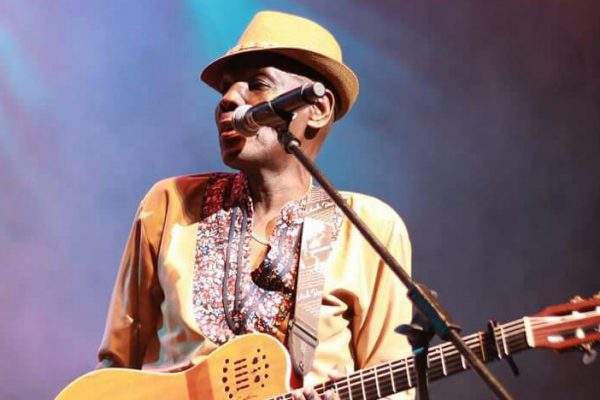
In the study of social anthropology and Shona mythology, Guruuswa, the place of long grass, is both an existing geographical landscape in the rich grasslands of the Dande escapement, the habitant of Kwekwe and a symbolic fountain of fertility and resourceful motherhood. It is the figurative spring of life the omnipotent wetland valley from whence issues all ancestry, all men and plant life.
MATHABELAZITHA/THE ANVIL BY ZIFISO MASIYE
Guruuswa is the uncontested cradle of all “mhondoros” of good fortune, those of war conquest and those of plentiful rain. Inspired by Oliver Mtukudzi’s great song Dzoka Dande last night, I was musing over our ever muddled social and economic labyrinth, seeking some cognitive respite — which led me 25 years back to the reflections of one Professor Mark FC Bourdillon as he provoked our young sociology minds about Shona mythology and its modern symbolism. For, as the maverick professor put it, any sociology that seeks to explain social phenomena and to influence social policy on a basis other than a prior commitment to exploring the intricate internal dynamics and enduring underpinning motivations and cognitive frames of a people risks a lazy sociology in futility — people are 40% of their past. Useful clues to understanding current trends and manifestations of human behaviour of certain groups in our society may be found in interrogating the values and cognitive thinking underpinning their customs, historical mythologies and basic folklore.
But I am warned, this is an easy Sunday read, and not a social anthropology lecture. So I shall keep simple.
The grinding groans of millions of Zimbabweans who find themselves living minors’ lives in the clutches of abject poverty, the invisible nostalgia and nationwide craving for glorious, plentiful years gone by is captured in and reminiscent of that Korekore exhortation — Ndasuwa Dande! (I miss Dande). I never miss that combination of deep ethnic pride and deep sense of loss when my typical Korekore friends beat their chests, fours into empty space and exhale: “we come from Guruuswa!”
In frequently recounted mythology in Dande, the Korekore people relate the folktale of Mutota’s portraited journey from Guruuswa and the pursuit of salt. In the tale, Nyakatonje, a smart traveller and acolyte, had visited Mutota from Mbire and so impressed him with a precious commodity — salt — in place of which his people had long used the dung of their livestock. The chief mhondoro of Zambezi valley thus set out on a guided mission to find the land of the salt, bringing along his sons Nebedza, Zvimba, Chingoo and his daughters Nehanda Nyamita Nyakasikana and Peduru. It is said Mutota’s long and arduous search then had many tough tests of faith, including commitment and moral tribulations, not unlike the traumatic journey President Emmerson Mnangagwa and his people have embarked on today.
Going past Harare into Mazowe valley by the time the salt crusade got to present-day Chinhoyi, one of Mutota’s sons, Zvimba, gave in to swollen feet and gave up on the team, retiring and establishing home to another latter-day mhondoro descendant of Mutota, who recently retired swollen-legged! In another of the tough encounters with a “great warrior of Guruve and man of miracles’’ called Nyamazunzu, a tale is told of how the crafty Mutota, failing at military encounters, sought to make peace by offering his daughter Peduru to Nyamazunzu. The peace accord lasted two nights, for after much beer was drunk and the warrior “mukwasha’’ [son-in-law] fell asleep, Peduru slit his throat and beat the midnight drum to deliver “victory’’ to her father. Thus Mutota and Chingoo entered the village and killed the disempowered Nyamazunzu lineage, claiming control of the Guruve country.











